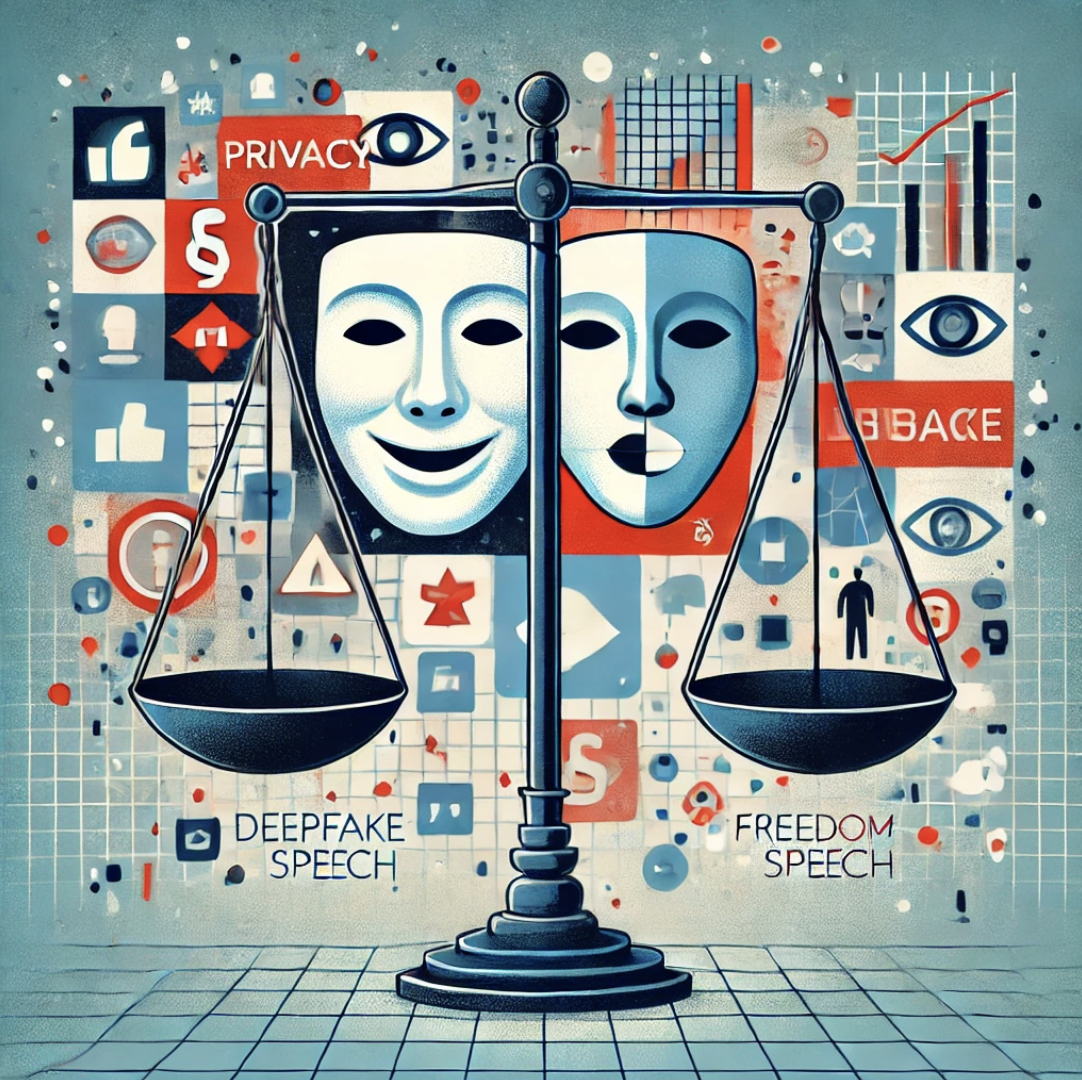Navigating the Ethical Crossroads of AI Generated Images Within Politics
Navigating the Ethical Crossroads of AI Generated Images Within Politics

In an age where technology is advancing at an unprecedented pace, the use of artificial intelligence (AI) has permeated nearly every aspect of society. One area where AI’s impact is particularly pronounced is in the creation of digital content, including images. Where the Harris campaign has been accused of generated artificial crowds at rallies, the other side sees Trump unapologetically using Taylor Swift inspired imagery. As AI-generated content becomes more sophisticated and accessible, it has undoubtedly found its way into the realm of politics, raising important ethical questions.
The allure of AI-generated images lies in their versatility and realism. Political campaigns and advocacy groups can create compelling visuals that support their messages, often at a fraction of the cost and time required for traditional media production. However, with great power comes great responsibility. The ethical implications of using AI to craft political imagery must be carefully considered, especially when it involves the balance between freedom of speech and the privacy of individuals.
The Power and Perils of AI-Generated Images
AI-generated images can be a double-edged sword in politics. On one hand, they offer a powerful tool for expression, enabling campaigns to vividly convey their messages. On the other hand, the potential for misuse is significant. AI can create images that are so realistic that they blur the line between truth and fabrication. When used in a political context, such images can manipulate public perception, sowing confusion and distrust.
One of the key ethical concerns is the potential for deepfakes—hyper-realistic AI-generated images or videos that depict events that never occurred. In the political arena, deepfakes can be weaponized to discredit opponents, spread misinformation, or influence voters under false pretenses. This poses a direct threat to the integrity of democratic processes and the public’s trust in media.
Balancing Freedom of Speech and Privacy
Freedom of speech is our cornerstone, and it extends to the use of AI-generated images in political discourse. However, it brings into question how far this Freedom should extend. When AI-generated content infringes upon the privacy of individuals or is used to deceive the public, ethical boundaries are crossed.
The privacy of public figures, while limited compared to private individuals, still warrants consideration. Many say public figures should not be subjected to defamatory or misleading AI-generated images that could damage their reputation or misrepresent their actions. The use of AI to create such content raises ethical questions about the responsibility of creators and the potential harm to those depicted.
For private individuals, the stakes are even higher. AI-generated images can easily be used to fabricate compromising situations or associate them with political movements without their consent. This not only violates their privacy but can also have lasting personal and professional repercussions.
Navigating the Ethical Landscape
To ethically navigate the use of AI-generated images in politics, several principles should be observed:
- Transparency: The creators and disseminators of AI-generated content should be transparent about its nature. When AI is used to produce political imagery, it should be clearly labeled as such to avoid misleading the public.
- Consent: When creating AI-generated images involving individuals, particularly private citizens, obtaining consent is crucial. This protects their privacy and ensures that they are not unwillingly thrust into political controversies.
- Accountability: Those who create or distribute AI-generated political images must be held accountable for their impact. This includes not only the creators but also platforms that host such content.
The integration of AI-generated images into politics presents both opportunities and challenges. While these images can enhance political communication, they also raise ethical concerns, particularly regarding freedom of speech and privacy. By adhering to principles of transparency, consent, accountability, and ethical oversight, it is possible to harness the power of AI-generated images while minimizing the risks to individuals and society. In doing so, we can uphold the integrity of political discourse and protect the rights and dignity of all individuals.
